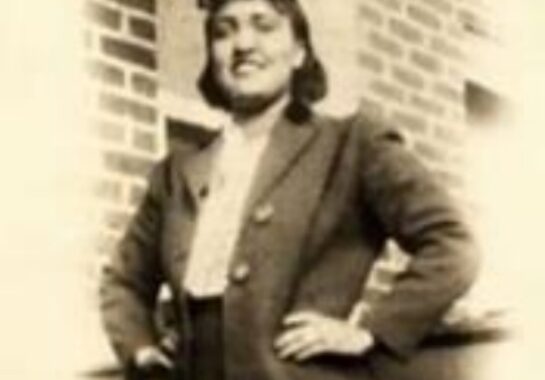Henrietta Lacks: The unsung hero of cell research
In scientific labs across the globe, HeLa cells are fundamental for cutting-edge health research. Yet, few know they originate from an African-American woman, Henrietta Lacks, taken without her permission.
Born in 1920s Virginia, a time and place marred by racial segregation, Henrietta’s life was molded by the residue of slavery and overt racism. Despite hardships, she moved to Baltimore to support her family. In 1951, she was diagnosed with cervical cancer at Johns Hopkins Hospital.
Unbeknownst to her, a sample of her cells was taken during treatment. These cells, identified by George Otto Gey, displayed a unique ability to multiply indefinitely, labelling them “immortal.“
HeLa cells revolutionized medical research, aiding in the development of the Polio vaccine by Jonas Salk and driving advancements in cancer research. To date, almost 11,000 patents involve HeLa cells.
It wasn’t until 1975 that Henrietta’s family discovered the extensive use of her cells, highlighting the grave concerns of race and informed consent. Considering racial dynamics, Henrietta’s treatment at Johns Hopkins, one of the few hospitals treating black individuals, becomes even more poignant. Recently, her family won a lawsuit against Thermo Fisher Scientific for unauthorized profiting from Lacks’ cells, shedding light on the often-exploitative history of American medical research.
On a personal note, I used HeLa cells in research for years, unaware of their history. It’s crucial we discuss and recognize the contributions of those often overlooked.
Connor Peacock, Senior Innovation Consultant

